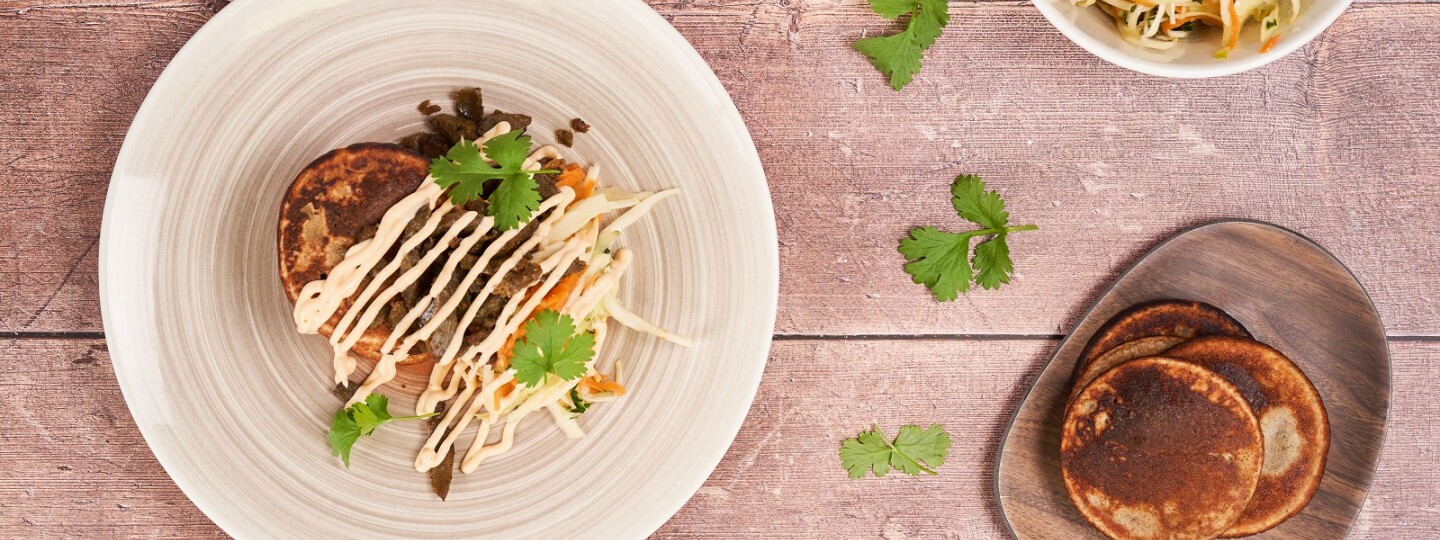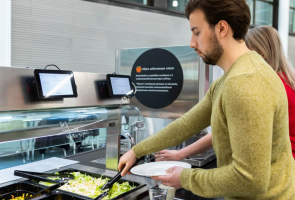Food as health promoter of people and planet
Ultimately, food is just a source of energy without which we cannot live. In practice the relationship between food and humans has evolved into something far more complex over time. In addition to providing energy, food provides us components that can either promote or hinder our health, often significantly influencing the quality and duration of our lives. And even more: the pleasure our food brings to our everyday life is probably it’s most prominent aspect for layman. Therefore, when we eat, we often choose our food based on taste – or so we think!
In reality, our dietary choices are made within a sociocultural framework where traditions, food production regime, values, and attitudes shape our behavior more than we may realize. Beyond its significance to humans, food is also crucial for the environment. Food production is one of the primary drivers of climate change and the leading cause of biodiversity loss. If the environmental impacts of the food chain are not radically reduced by 2040, the stability of ecosystem services necessary for food supply are endangered, threatening the whole of humanity with increased inequality, starvation and poor health.
We investigate the significance of food in the holistic context of the individual, society, and nature. We explore the impact of taste on food choices, the physicochemical factors influencing the taste, and develop measurement methods for the food experience. Through understanding the systemic effects of the food system, we seek ways to make the Finnish food chain more sustainable, both through consumer choices and systemic changes in the food production system.




